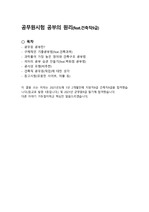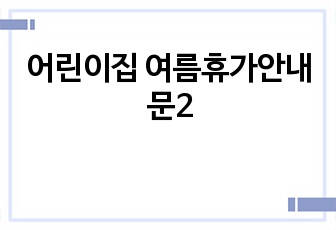* 본 문서는 배포용으로 복사 및 편집이 불가합니다.
서지정보
ㆍ발행기관 : 한국보훈학회
ㆍ수록지정보 : 한국보훈논총 / 11권 / 4호
ㆍ저자명 : 양정훈
ㆍ저자명 : 양정훈
목차
I. 서 론Ⅱ. 국가와 민족주의
Ⅲ. 남한과 북한 민족주의
Ⅳ. 통일과 한반도 민족주의의 과제
Ⅴ. 결 론
한국어 초록
식민체제와 전쟁에 의한 분당사태라는 크나 큰 아픔을 가지고 있는 남한과 북한 양국은 오랜 역사 속에서 이데올로기 대립으로 민족의식과 문화를 변형시켜 내포하게 되었다.
두체제의 공존이 동족을 적으로 규정하고 배격하는 행위와 동일한 체제 속에서 결착되어
있다고 해서 타 국민을 동지로서 자민족보다 우대하는 행위 그리고 같은 민족이나 사상
과 체제가 다르다고 해서 인정하지 않는 행위 등 그 동안 남과 북은 서로 상대방을 인정
하고 존중한다는 우리 선조들의 유산인 사상(동학사상 등)을 이행하지 못했던 것이 사실
이다. 전통적 민족주의 의식을 파괴한 커다란 해악을 서로에게 끼쳐왔던 것이다. 그러나
변형된 역사의 인식 속에서도 남한과 북한은 과거에서 현재에 이르기까지 통일을 당위적
과제로 삼고 있다는 것이 중요한 사실이다. 남북 간에 처한 이데올로기가 내포하는 것이
다르다고 해도 근본적으로 뿌리를 두고 있는 전통적 민족주의가 잠재해 있기에 우리의
통일을 저해하는 요인으로는 작용할 수는 없다는 것이다. 그렇다고 민족에 미치는 영향이
없다고 단정할 수도 없다. 다만 분단의 역사가 쌓임에 따라 누적된 사회적 성격의 차이가
민족의식의 변질로 연결되지나 않을까 하는 우려를 자아내고 있는 것이다. 이제부터 우리
는 한민족으로서 전통적 민족주의를 통일 이념 민족주의로 나아갈 때 남북이 서로의 민족
주의를 발전적으로 수렴하게 되는 것이다. 남북한 이념대립 및 경쟁의 벽을 해소할 수 있
는 민족적 기반으로 민족문화의 동질성, 민족성원으로서의 일체감, 역사의 공유 등을 찾아
가고자 함도 있다. 통일 시대를 살아가는 민족적 양심 앞에서 어느 특정한 사상과 이념을
절대화하는 독선적 주장과 배타적 논리는 한 걸음 뒤로 물러서야 한다. 민족 공동의 최고
이익 앞에 특정 계급이나 특정 지역의 개별 이익, 부분 이익을 앞세우거나 절대화하는 주
장과 논리는 한 걸음 뒤로 물러서야 한다는 것이다.
영어 초록
South and North Koreas have a big pain known as the division of Koreacaused by the colonial regime and war. Both countries have had transformed
national consciousness and culture for a long period of time due to an
ideological conflict. They could not perform ancestral ideas (i.e. the thought of
Dong-hak) "Acknowledge and respect counterparts" in the meantime,as the
co-existence of two systems has defined the counterparts as enemy and
denounced them, and treated other nations in the same idealogical system
considerately over the Korean people, and have not acknowledged the same race
living in a different ideological system. The South and North have inflicted
great mischief on each other that destructs traditional ethnic nationalism.
However, despite the transformed historical conception, both countries have
prioritized unification for an appropriate task at all times. Although both
countries have different ideologies, traditional ethnicity is deep-rooted in mind. It
does not mean a different ideology does not affect the ethnicity at all, but this
cannot hamper unification of two Koreas. However, as their divided history has
continued like this, it causes a concern that accumulated differences in terms of
social characteristics might corrupt ethnic consciousness.
From now on, as Korean, when we represent traditional nationalism as
unification ideology nationalism, the South and North will collect each other's
nationalism in an expansive, developmental manner. They also will seek a way to
homogeneity of ethnic culture, a sense of unity as a member of Korean, and
sharing history, based on ethnicity that removes ideological conflicts and
competitions between two countries. Before ethnic conscience aiming for the
unification era, anarbitrary argument and exclusive logic that absolutize a certain
idea or ideology are required to draw back. In other words, for the best interest
that two Koreans will have in common, an argument and logic that prioritizes
self-centered interests of a certain class or region are required to draw back.


















